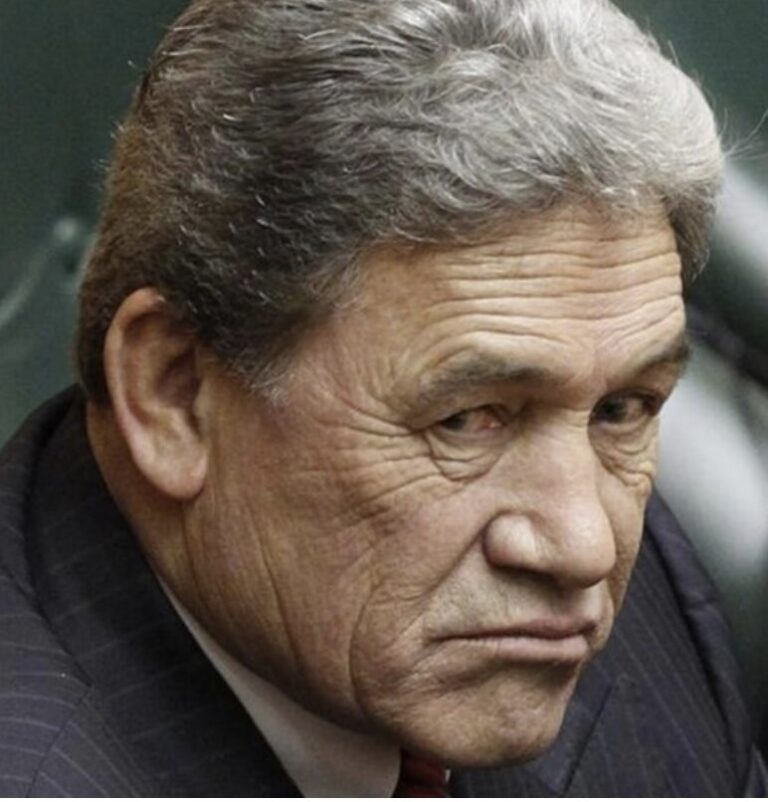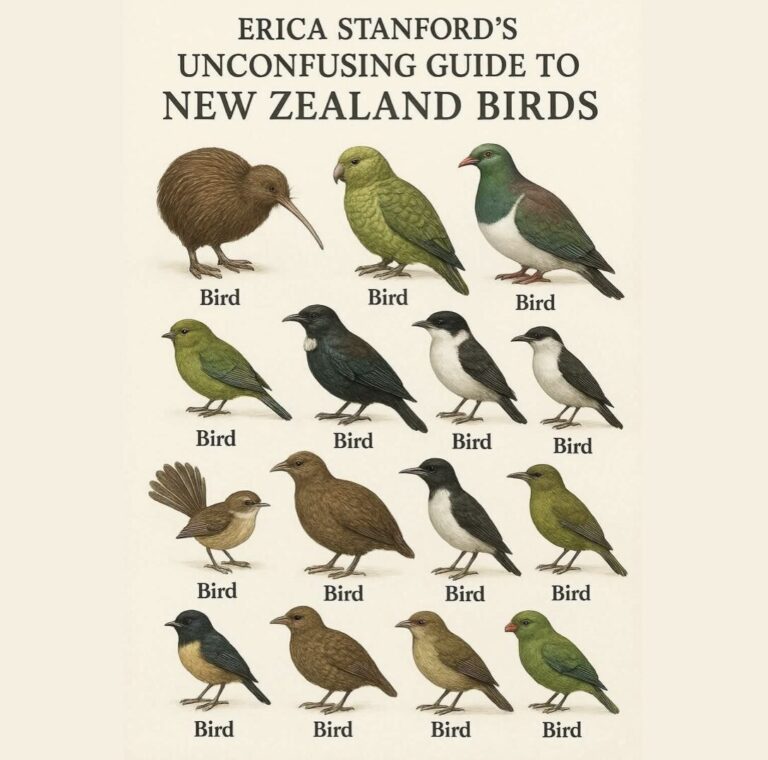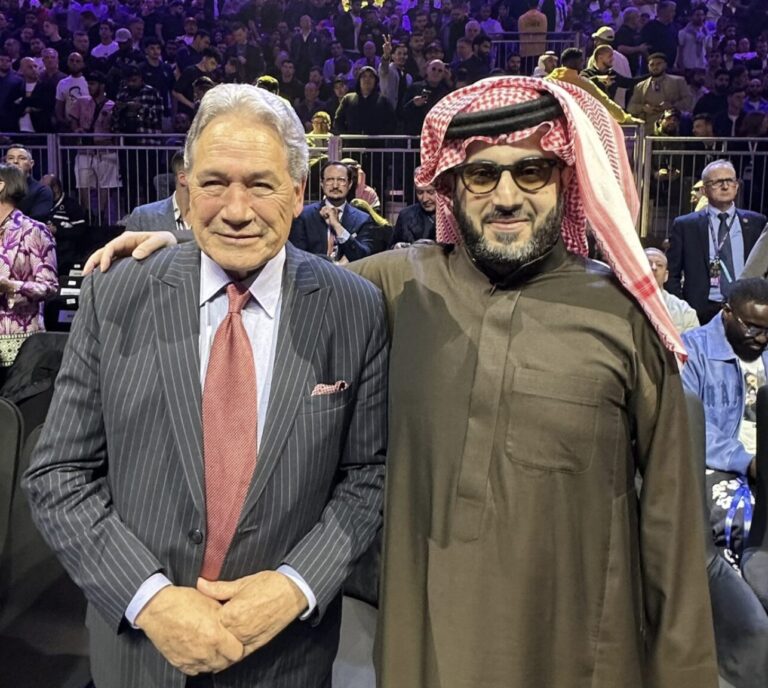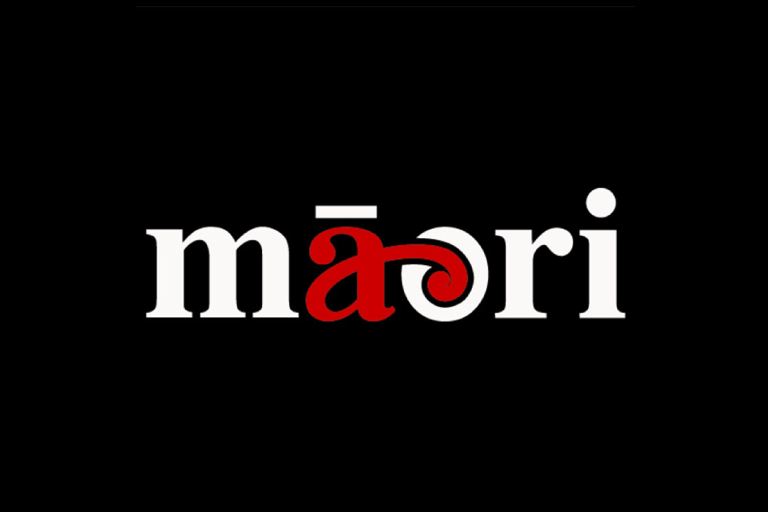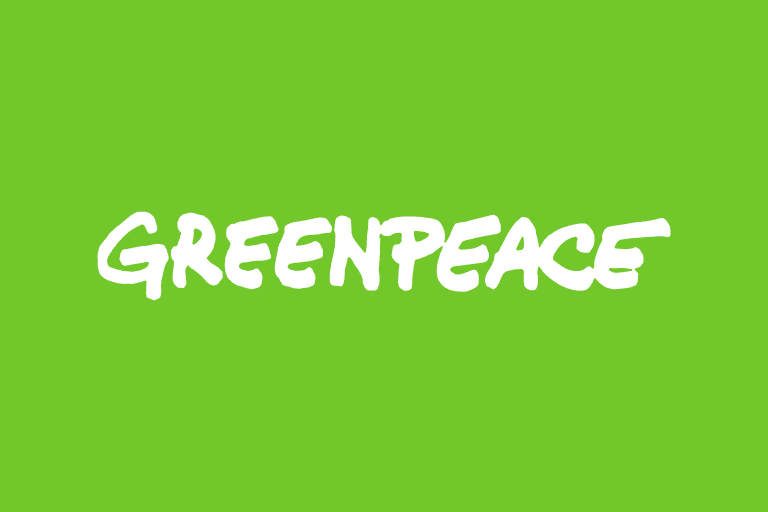Māori Rangatahi Delegation Heads To COP30 In Brazil – Te Kahu Pokere
Te Kāhu Pōkere – Rangatahi Māori soar to COP30
Ten rangatahi Māori, known as Te Kāhu Pōkere, will represent Aotearoa at the United Nations Climate Change Conference (COP30) in Brazil this November.
This is the first iwi-mandated Māori youth delegation to attend COP. Backed by iwi across Aotearoa, Te Kāhu Pōkere will carry the voices of whānau, hapū, and iwi to the global stage.
Who we are
Te Kāhu Pōkere are uri of many iwi, raised through kōhanga reo, kura kaupapa, and iwi-led spaces. As a kāhui of rangatahi, we are connected by whakapapa and a shared responsibility to protect te taiao.
Our name comes from the black hawk of Ngāti Whātua Ōrākei — a guardian, messenger, and protector. Guided by that vision, we step forward to safeguard the future for our mokopuna.
Our values and purpose
Our leadership is grounded in whakapapa, whenua, and mātauranga Māori. Guided by tino rangatiratanga and decolonisation, we stand as sovereign peoples.
This delegation is:
Rangatahi-led, iwi-mandated – not symbolic, but endorsed and driven by iwi.
Global stage, local solutions – amplifying our lived realities while building solidarity with other Indigenous nations.
Mana motuhake in action – reclaiming space, shaping conversations, and embedding Māori leadership in climate systems.
Our message to COP30
At COP30, Te Kāhu Pōkere will be calling for urgent climate action:
Indigenous leadership is climate leadership. Māori and Indigenous nations must be decision-makers in climate governance.
Mātauranga Māori is a climate solution, vital for adaptation, resilience, and food sovereignty.
Climate justice is inseparable from Indigenous sovereignty. True solutions require honouring tino rangatiratanga and Te Tiriti o Waitangi.
Our voices are intergenerational – carried for our tūpuna and our mokopuna.
We also stand alongside our Pacific whanaunga. The survival of Te Moana Nui a Kiwa is a global responsibility. Rising seas, shifting winds, and intensified storms demand urgent, just action.
Why it matters
Māori communities carry some of the heaviest burdens of climate change — flooding, polluted waters, and food insecurity — all intensified by colonisation and extractive industries. But we are not powerless. Our solutions are grounded in whenua, whakapapa, and collective wellbeing.
“Our job is to be like Te Kāhu Pōkere … a guardian that investigates, gathers new information, then brings that back home,” says delegate Taane Aruka Te Aho (Waikato-Tainui, Te Aitanga a Māhaki)
Looking ahead
In the months before COP30, Te Kāhu Pōkere will:
Gather in wānanga and hui to strengthen our collective voice.
Engage with iwi and hapū to carry their aspirations forward.
Connect with Indigenous delegations worldwide.
Return home ready to share learnings and pathways for local action.
Delegates – Te Kāhu Pōkere
Harris Moana – Waikato-Tainui
Kyla Campbell-Kamariera – Te Rarawa
Pania Rei – Ngāti Toa Rangatira
Taane Aruka Te Aho – Waikato-Tainui, Te Aitanga a Māhaki
Aaria Rolleston – Ngāi Tahu
Macy Duxfield – Ngā Rauru
Waimarama Hawke – Ngāti Whātua Ōrākei
Te Rina Porou– Ngāti Tūwharetoa, Ngāti Porou,Te Aitanga-a-Māhaki, Te Atihaunui a Pāpārangi, Ngāti Pāhauwera & Ngāti Apakura.
Tahua Pihema – Te Aitanga a Māhaki, Ngāti Whātua Ōrākei
Shannon Mihaere – Rangitāne Tamaki Nui-ā-Rua, Ngāti Porou
He kupu whakamutunga
We will not accept climate “solutions” that repeat systems of extraction and inequity. Climate action must centre Indigenous rights, honour Te Tiriti o Waitangi, and recognise the personhood of te taiao.
Mō Papatūānuku te whaea ora, mō ngā iwi maha o te ao, ā, mō ngā uri whakatipu hei amo i te kawa ora.

